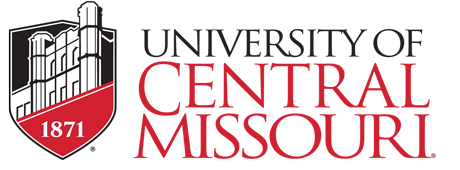Breadcrumb

Phlebotomy Technician Training w/ Externship

Launch you healthcare career as a phlebotomist
Through the University of Central Missouri's Phlebotomy Technician Training with Externship certificate program, students have the opportunity to launch a medical career. Students will be prepared for multiple roles and national certifications. Through the externship, you will participate in a work-based learning experience and be able to apply your skills under direct supervision of a clinical professional. Learn to interview and care for patients, perform basic lab tests and administer medications. Students will also be well prepared to take several industry-recognized exams. Average annual salary for this occupation is approximately $36,320 with an approximately 17 percent increase in jobs anticipated by 2026. Through this program, students earn an industry-recognized certificate and continuing education units which may not be applied to a degree program and are not eligible for federal financial aid.
 |
$1,899 |
 |
Online, self-paced course |
||
 |
325 online hours plus 40 clinical hours |  |
18 years or older, high-school diploma, GED or currently enrolled in GED program, basic skills in computer usage and access to a computer with Internet at home or another location. |
Start an exciting career in the high-demand healthcare field
Students will learn all aspects of blood collection as well as related knowledge. Phlebotomy technicians are employed throughout the healthcare system including in hospitals, health centers, medical group practices, HMOs, public health facilities, veteran hospitals, insurance carriers and other healthcare settings. The demand for this profession has increased substantially with the overall complexity of healthcare services and the risks of infectious disease.
What you will learn
- Drawing of blood from patients and blood donors
- Evaluating of patients’ ability to withstand procedure
- Explaining blood-drawing procedures and answering questions
- Performing basic point of care testing such as blood glucose levels
- Preparation of blood, urine and other speciments for testing
- Verification of patient or donor identity
- Maintenance of medical equipment such as needles, test tubes and blood vials




